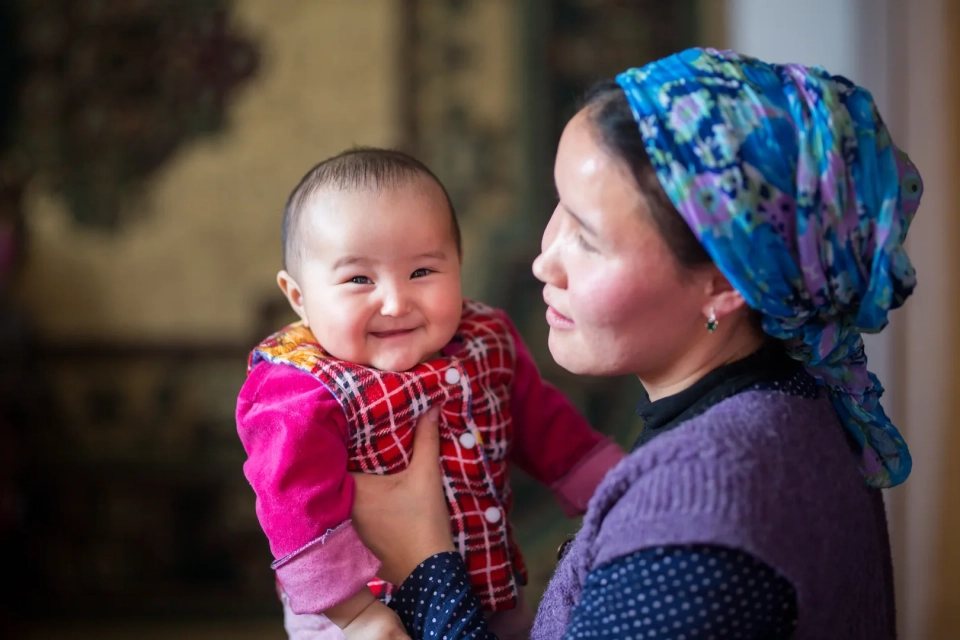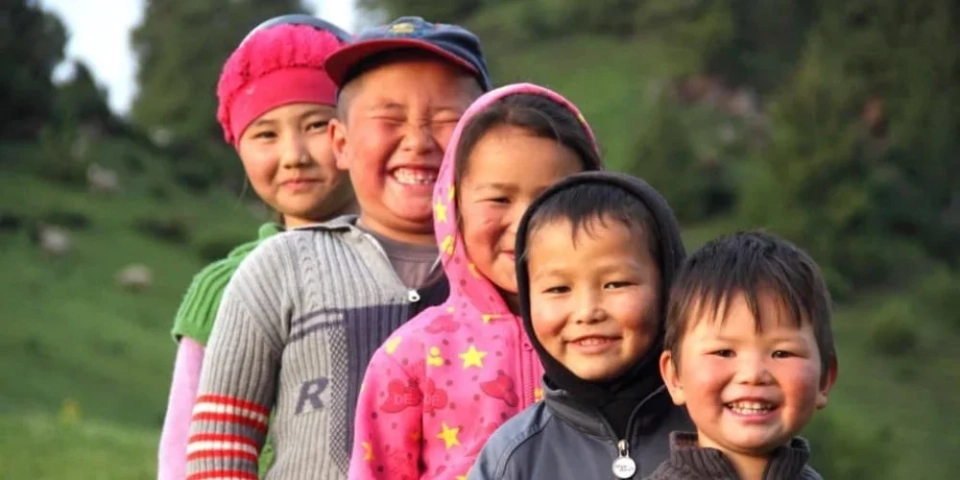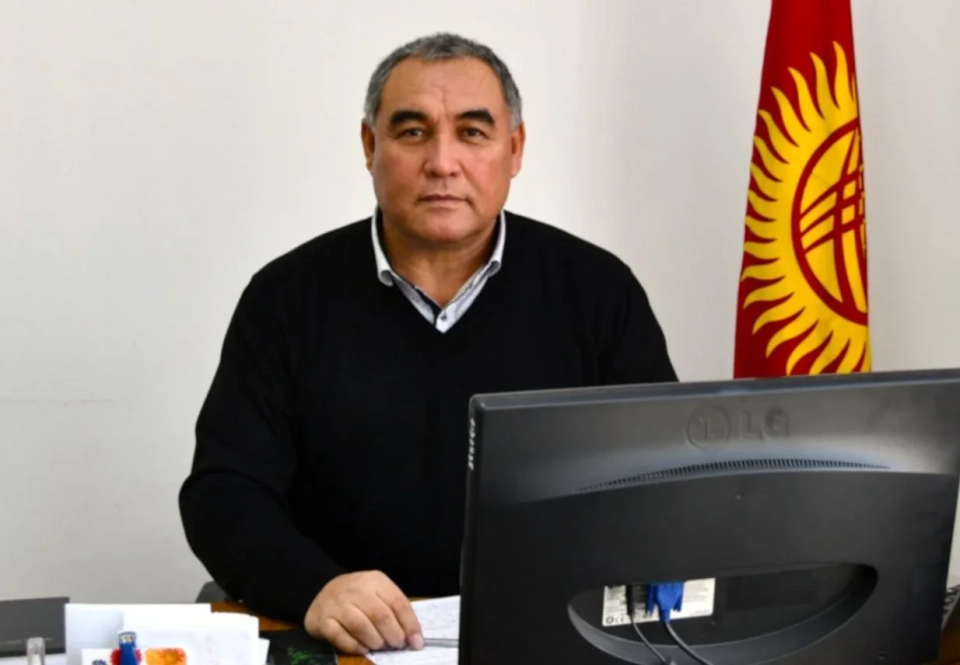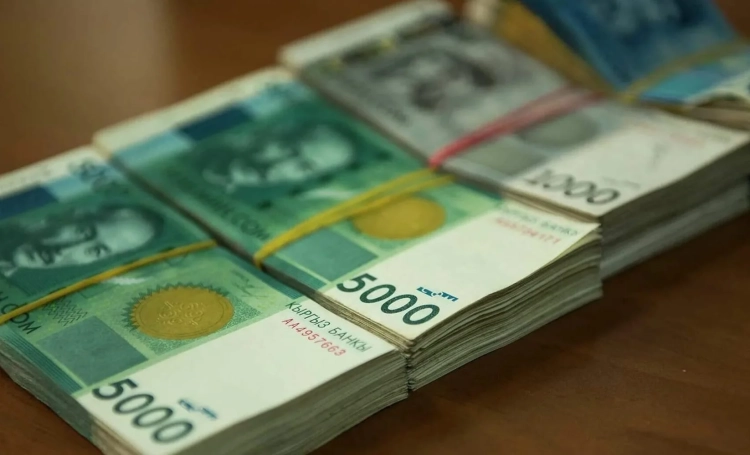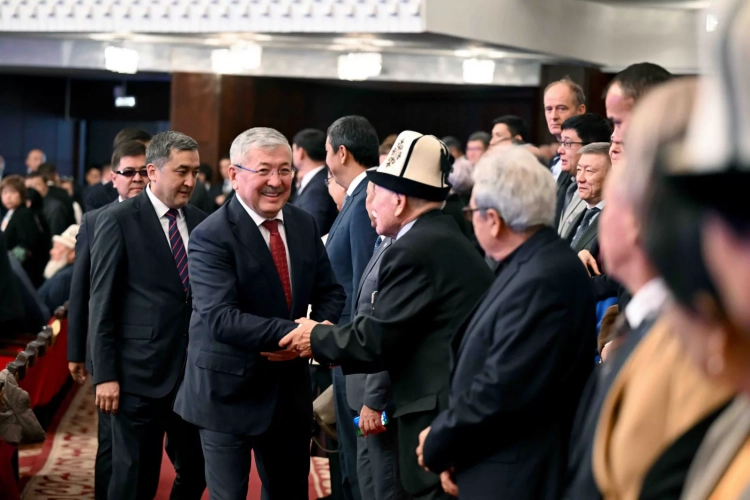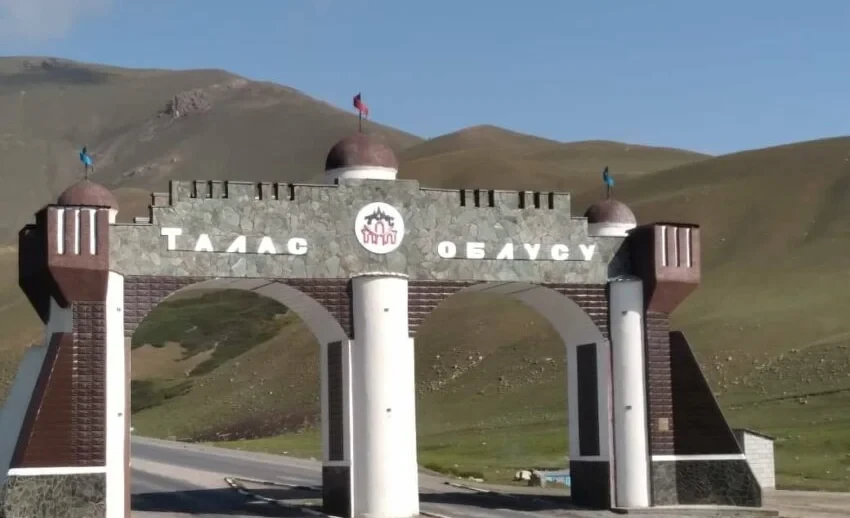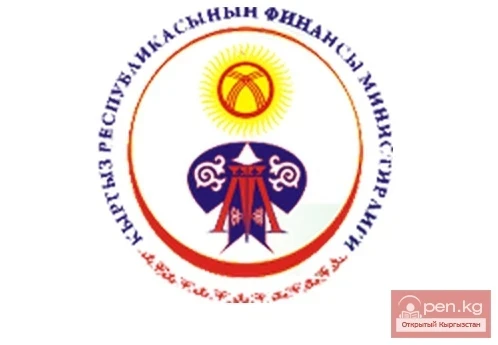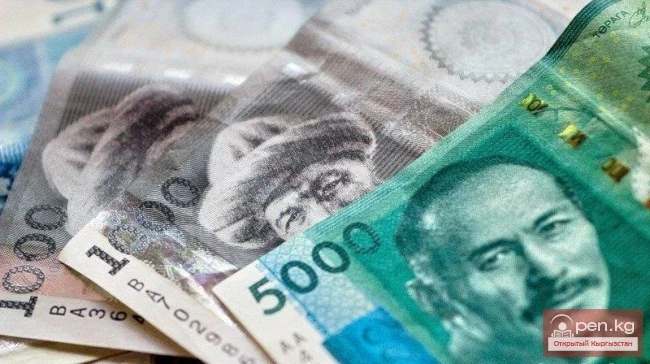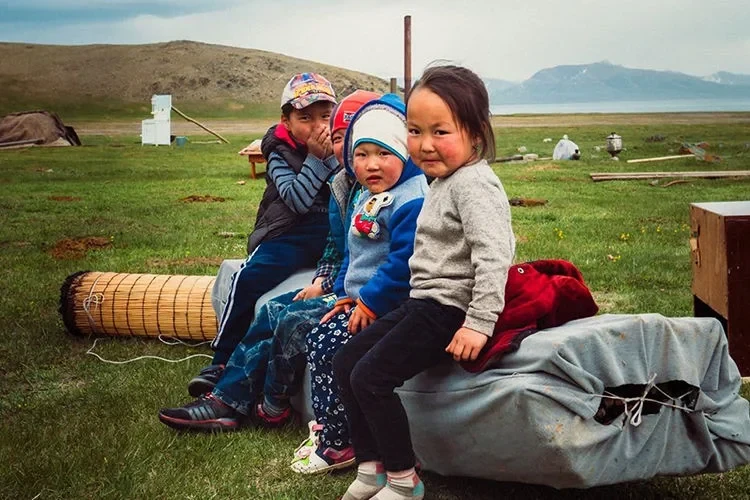

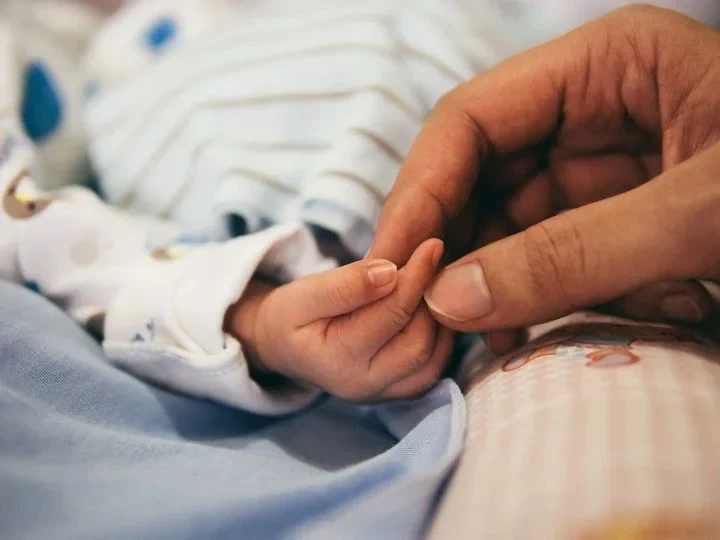



The goal of the program is to create conditions for population growth, support for large families, and child development.
The amounts of one-time payments under the “Bala Berekе” program are as follows:
for the 4th child — 100,000 soms;
for the 5th — 600,000 soms;
for the 6th — 800,000 soms;
for the 7th — 1,000,000 soms;
for the 8th — 1,200,000 soms;
for the 9th — 1,500,000 soms;
for the 10th and each subsequent child — 2,000,000 soms.
The program is financed from the republican budget.

According to the Ministry of Labor, Social Security, and Migration, the payment mechanism was developed with the support of the Presidential Administration. Applications can be submitted in two ways:
through the mobile application “Tündük” (if the mother has access);
or through local ministry offices.
A minimal set of documents is required to submit an application.
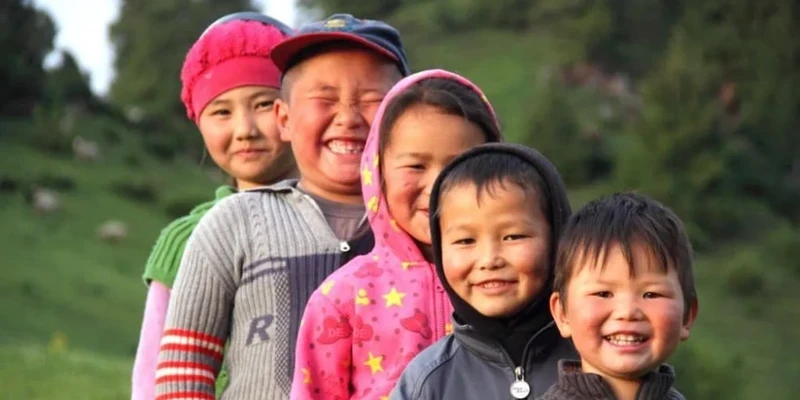
Applicants must have lived in high-altitude or hard-to-reach areas for at least two years.
The program does not apply to workers engaged in shift or seasonal work, as well as their spouses.
In the event of the death of one of the children, they are counted in the order of birth calculation.
If the mother dies before the child reaches one year of age, a state children's deposit will be opened for the child after reaching this age.
According to the ministry, the list of high-altitude areas includes 430 settlements in Kyrgyzstan.

Abdikayim Jusubaliev, director of the Institute of Social and Humanitarian Sciences at KNU and candidate of sociological sciences, claims that this initiative can improve the demographic situation and stabilize the population:
“The main task of the president's decree is to support large families. Currently, payments are only provided for residents of high-altitude and hard-to-reach areas, where there is low population and high levels of migration. For example, after border conflicts, many residents of border areas in Batken left their homes. Such measures are extremely important to keep people in these territories,” he noted.
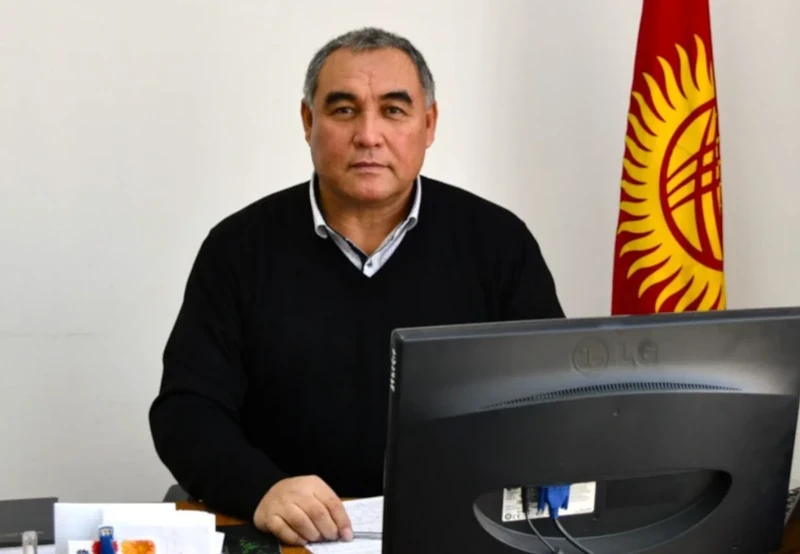
“In Kyrgyzstan, the birth rate continues to exceed the death rate, ensuring natural growth. However, its pace is slowing down, and stagnation may occur by 2050. For example, in Russia, the 'maternity capital' program helped stabilize the demographic situation. Although our indicators are still good, it is important to take preventive measures now. Therefore, the introduction of this benefit was timely. I am confident that in the future, with the development of the economy, such payments will be available to all families in the country,” Jusubaliev concluded.
